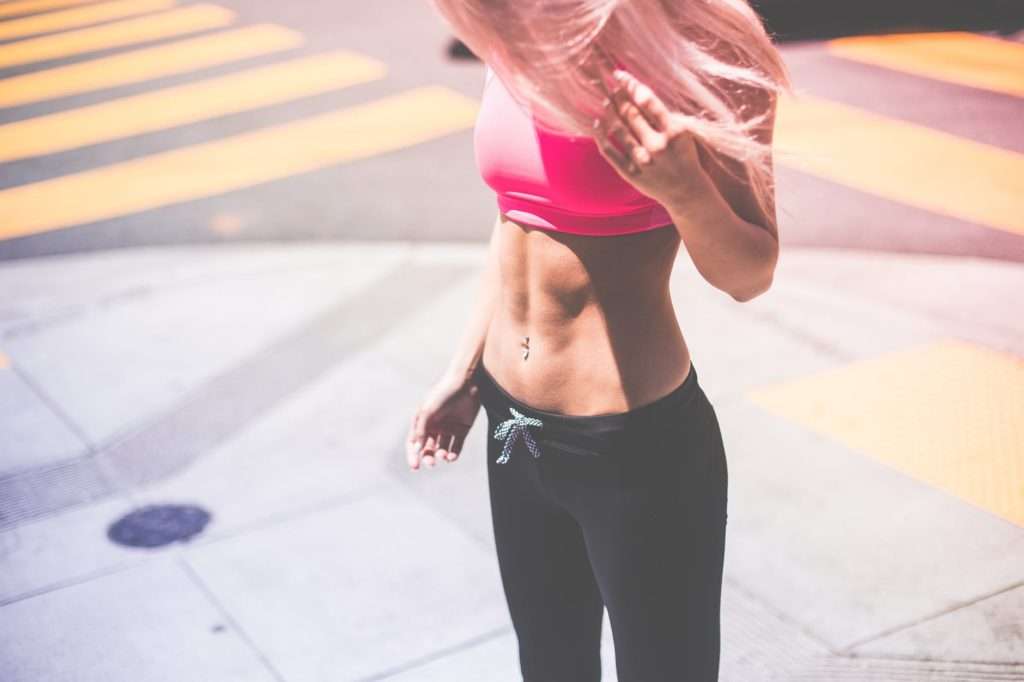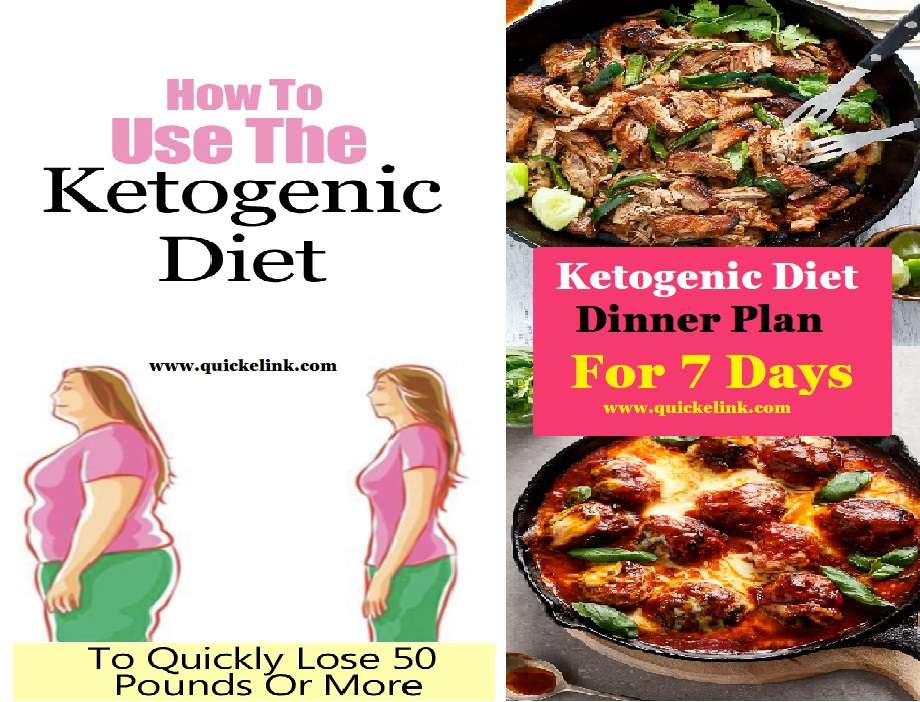Eating for energy is the best way to ensure that you are getting everything you need to fuel your body, which will help you lose weight, feel better and live longer. Eating well also helps you regulate hormones associated with metabolism and moods such as serotonin, dopamine and norepinephrine. The following tips can help you take control of your diet for good:
Eating for energy is to help you maintain a healthy weight:
The purpose of eating for energy is to help you maintain a healthy weight and feel your best. By eating the right foods and avoiding those that are detrimental to your health, you can maintain energy levels throughout the day. You can also find online weight loss programs too!
You may have heard that breakfast is the most important meal of the day, but it’s also true that if you skip breakfast or don’t eat enough calories throughout the day, it can negatively affect how much energy (and therefore productivity) you have at work or school. That’s why we recommend eating five small meals throughout each day–and making sure each one contains at least one serving of protein (such as eggs) and two servings of complex carbohydrates such as whole grains or legumes.
Eat Every 3-4 Hours:
Don’t wait until your body is hungry to eat. Instead, eat every 3-4 hours to prevent hunger and keep your metabolism high. This will help prevent overeating at the next meal, which can lead to weight gain.
If you’re not active enough for it to be difficult for you to eat every 3-4 hours (for example, if all of your activities are sedentary), then try eating every 4 hours instead of every 3 hours. If this still isn’t frequent enough for your lifestyle and physical activity level, consider eating only two meals per day instead of three or four–but make sure those two meals have plenty of whole grains, fruits and vegetables!
Make Sure You Eat Protein with Every Meal:
Protein is essential for building muscle, as well as helping you feel full longer. Many people go for protein powder too. It also helps maintain a healthy weight and promotes muscle recovery after exercise. Protein helps with skin health by supporting collagen production, which keeps skin looking young and vibrant. Hair is made up of proteins that provide structure and strength–so getting enough protein in your diet can help keep hair strong and healthy!
Snack On Healthy Fats:
Although you may have heard that fat is bad for you, the truth is that it’s actually an essential part of a healthy diet. Healthy fats are good for your brain and skin, and they can help keep you feeling full so that you don’t eat too much during meals.
In addition to helping with weight loss, eating healthy fats will also make sure that your body has enough energy to get through the day without crashing or feeling sluggish throughout the day.
Cut down on sugar and alcohol:
Cut down on sugar and alcohol. Sugar is the enemy of weight loss, as it can be a source of calories that you don’t need. Alcohol can also be a source of empty calories–and it’s easy to overconsume when you’re drinking! Make sure to keep an eye on your sugar levels, and if you are pre-diabetic or already have diabetes then make sure to visit a diabetes specialist!
If you are trying to lose weight, reducing your intake of sugary foods (cakes, cookies) and drinks (soda, fruit juices) will help keep your calorie intake down while also reducing cravings for sweets or other foods with high glycemic index values (GI).
Eat Fat-Free Dairy Products Instead of Full-Fat Items:
Fat-free dairy products are a better choice than full-fat items. They’re lower in calories and fat, but they still provide the same amount of protein and calcium. If you’re not a fan of low-fat or nonfat dairy products, consider switching to soy milk instead–it’s just as healthy as regular milk and has no cholesterol!
As long as you don’t pack on the pounds from eating too much of these foods (which isn’t hard to do), then your body will thank you for this change in diet.
Watch Your Carbs:
Carbohydrates are a major source of energy for the body. They’re found in foods such as grains, vegetables and fruits–and also added to many processed foods like breads, cereals and pasta.
Carbs can be good or bad, depending on how they are used by your body:
- Good carbs help you lose weight and feel better overall; they provide fiber (fiber helps prevent constipation), vitamins and minerals that are essential for health. Foods high in good carbs include whole-grain breads instead of white bread; brown rice instead of white rice; oatmeal instead of corn flakes or Fruit Loops cereal; fruit instead of candy bars (the latter has no nutritional value).
- Bad carbs lead to weight gain because they raise blood sugar levels quickly–particularly refined sugars like table sugar (sucrose) or high fructose corn syrup which are added to many snacks including soft drinks and candy bars. These sugary snacks may contain empty calories with little nutritional value so think twice before eating them regularly!
Eat breakfast:
Eating breakfast is an important part of any weight loss plan. It’s the first step toward ensuring that your body gets the fuel it needs to be its most efficient, productive self.
The best time to eat breakfast is right after waking up in the morning, before you’ve had anything else (such as coffee). A good rule of thumb is one hour on either side of when you normally wake up; if you’re a late sleeper and tend to wake up at noon, then 11am would be an ideal time for breakfast. If mornings are especially difficult for you and getting out of bed seems like too much work, try having some dry cereal with milk or even hot oatmeal with fruit before going back under the covers!
Drink plenty of water:
Drinking water is one of the simplest and most effective ways to lose weight. Water helps you feel full so you eat less, and it also makes it easier for your body to flush out toxins that can cause bloating and water retention. If you’re dehydrated, it’s much harder for your kidneys (and other organs) to function properly–which means they won’t be able to efficiently burn fat or remove excess salt from your system.
Drinking plenty of H2O also keeps your skin looking young by keeping its elasticity intact; helps keep your metabolism humming along at a steady pace by providing an endless supply of fuel; and helps keep blood sugar levels stable so they don’t spike after meals (which can lead to overeating).
Get to know your hunger cues:
When it comes to eating, there are two types of people: those who eat when they’re hungry and those who eat when they’re not. If you fall into the latter category, then this is for you.
The key is to get intimately familiar with your hunger cues so that when they arise, you know exactly how much food will satisfy them. And while it may seem like an uphill battle at first (especially if you’ve been relying on external cues like clock time or meal times), once you begin paying attention to what makes up your internal signals of hunger and fullness (i.e., physical sensations in the stomach), it becomes second nature–and ultimately leads to healthier habits around food intake!
Vegetables and Fruits:
If you’re looking to lose weight and boost your energy, vegetables and fruits are the healthiest foods on the planet. They’re packed with nutrients, vitamins, minerals and fiber–all of which play an important role in helping you feel full for longer.
Conclusion
So, what do you think? Are you ready to start eating for energy? If so, we’ve provided a list of foods that are high in protein, fat and fiber. This will help keep your blood sugar levels stable throughout the day so that you feel energized without getting hungry too soon after eating. Plus, these foods are also low-calorie options that will help keep calories in check without sacrificing taste or enjoyment!
Read More:
How to Kickstart Your Weight Loss Journey with the Metaboost Diet
Reaching the Zenith of Weight Loss: Strategies for Lasting Results


